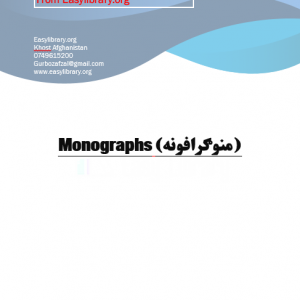Yes, many Muslims believe that the Quran contains references to scientific phenomena that were not known at the time of its revelation, and they interpret these verses as evidence of the Quran’s compatibility with modern scientific discoveries. This belief has given rise to the field of Quranic science or scientific miracles of the Quran.
Some examples often cited by proponents of this view include verses that seemingly describe embryology, the water cycle, the expansion of the universe, and other natural phenomena. For instance, some Muslims point to verses in the Quran that mention the development of the human embryo in the womb in stages, which they argue corresponds to modern embryological knowledge.
It’s important to note that interpretations of Quranic verses in light of modern scientific discoveries vary among scholars and individuals. While some Muslims see these perceived parallels between the Quran and modern science as evidence of the Quran’s divine origin and its foresight into scientific truths, others approach these verses from a more metaphorical or symbolic perspective, focusing on their spiritual and moral significance rather than their scientific implications.
Critics of the idea of scientific miracles in the Quran argue that many of the verses cited as evidence of scientific foresight are subject to interpretation and may not necessarily correspond directly to modern scientific knowledge. They also caution against using scientific discoveries to validate religious texts, emphasizing the distinct methodologies and objectives of science and religion.
Overall, the question of the Quran’s compatibility with modern science remains a topic of debate and interpretation within the Muslim community, reflecting diverse perspectives and approaches to understanding the Quranic text.




Reviews
There are no reviews yet.